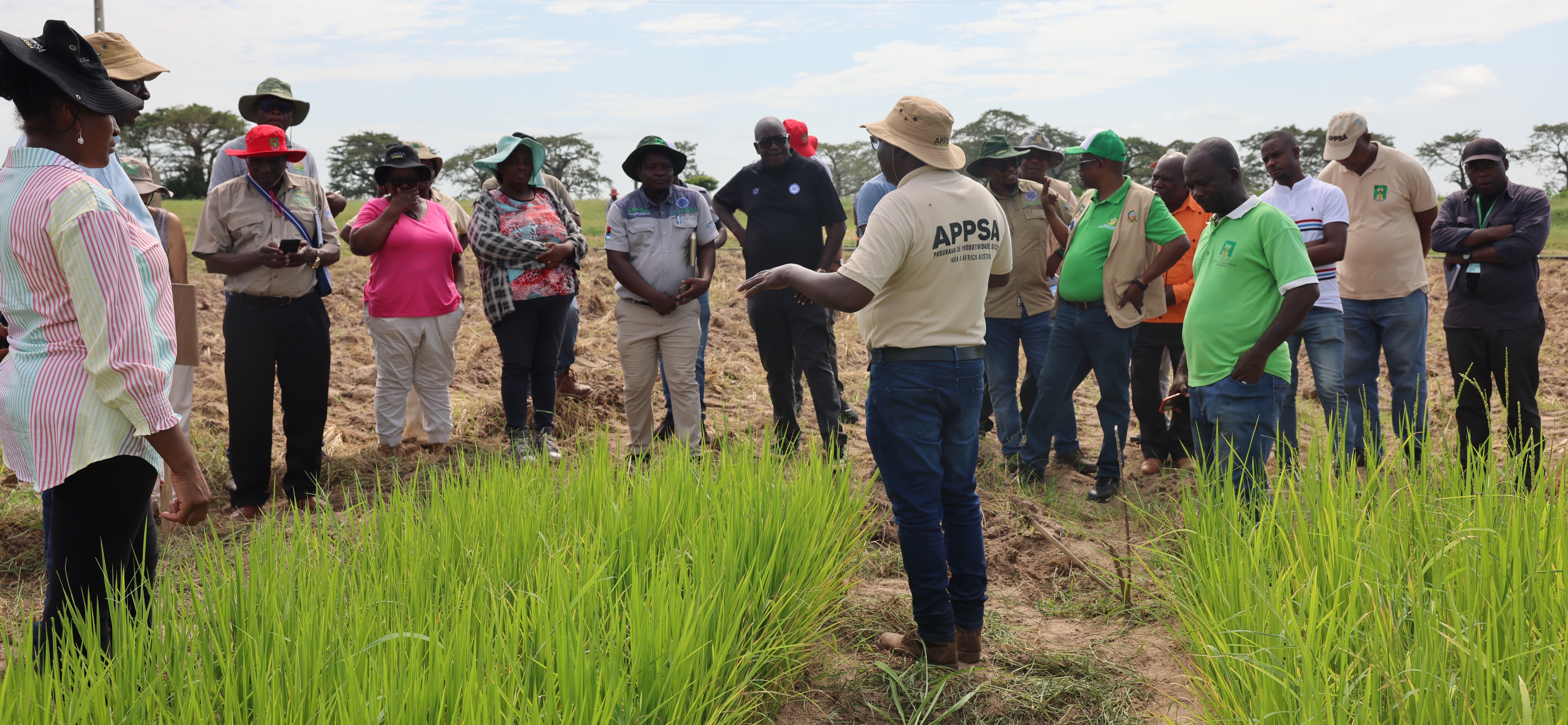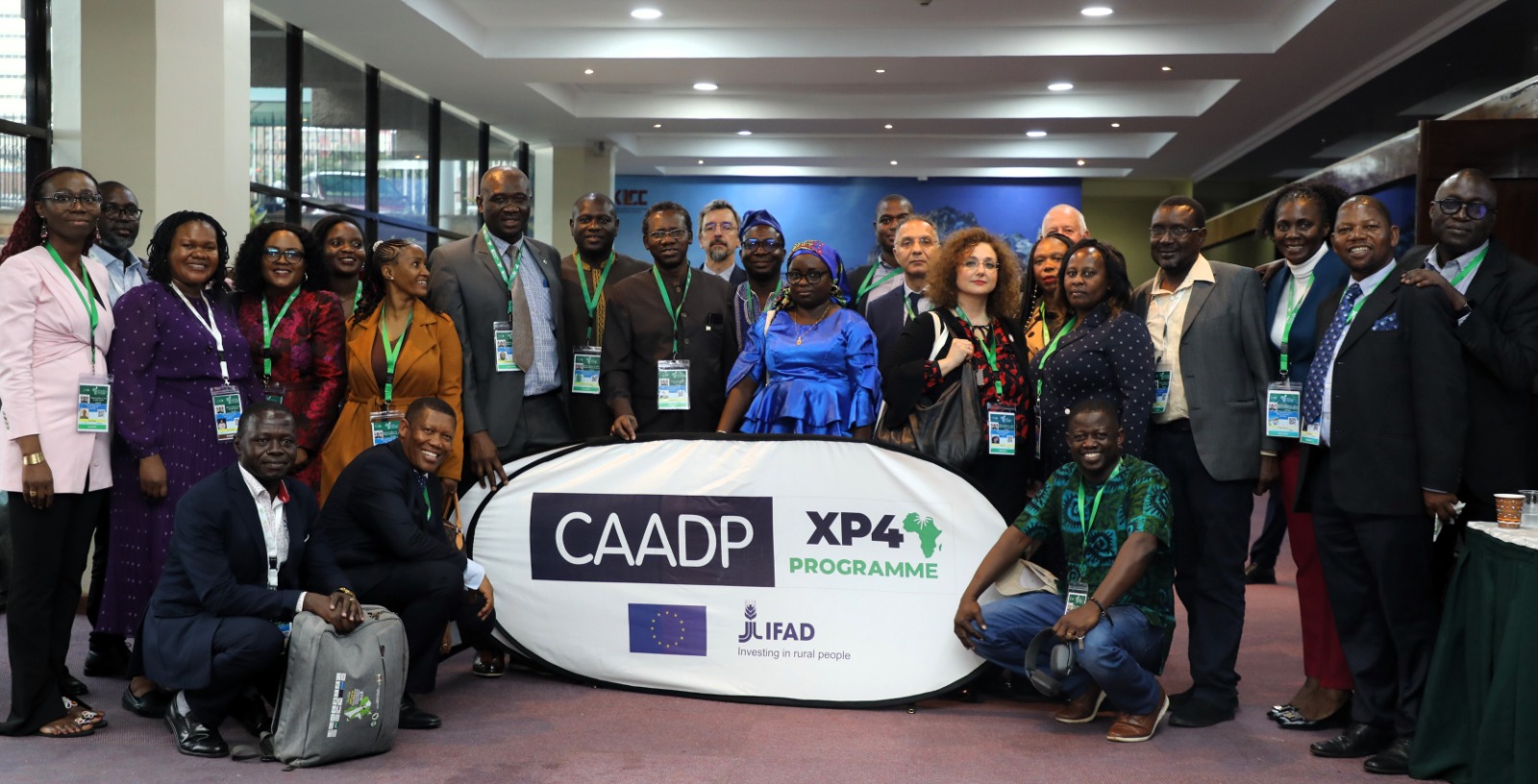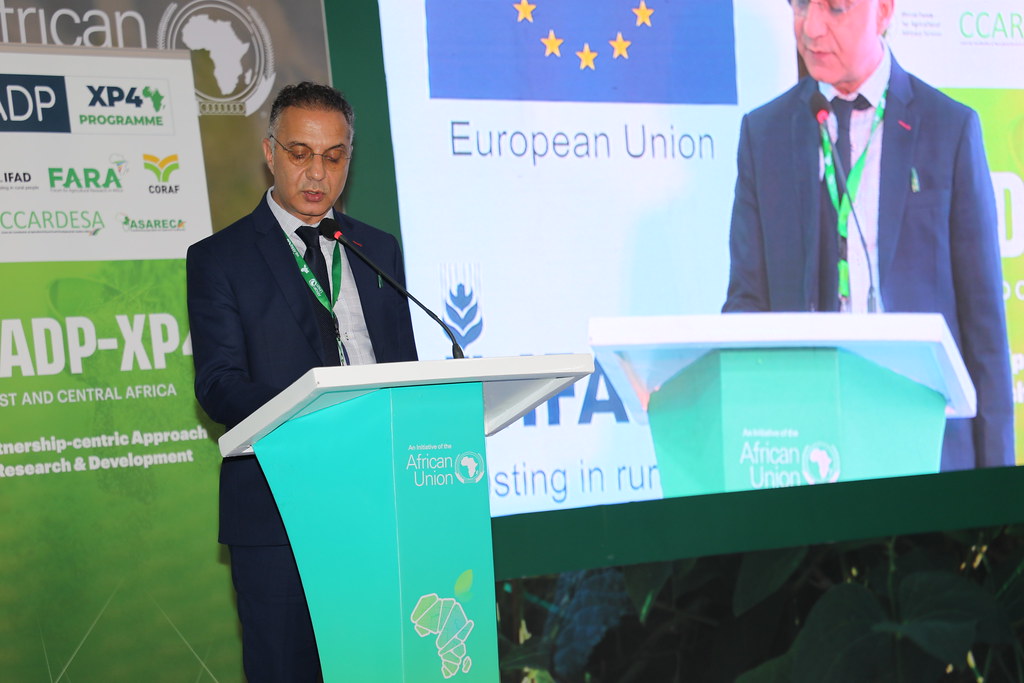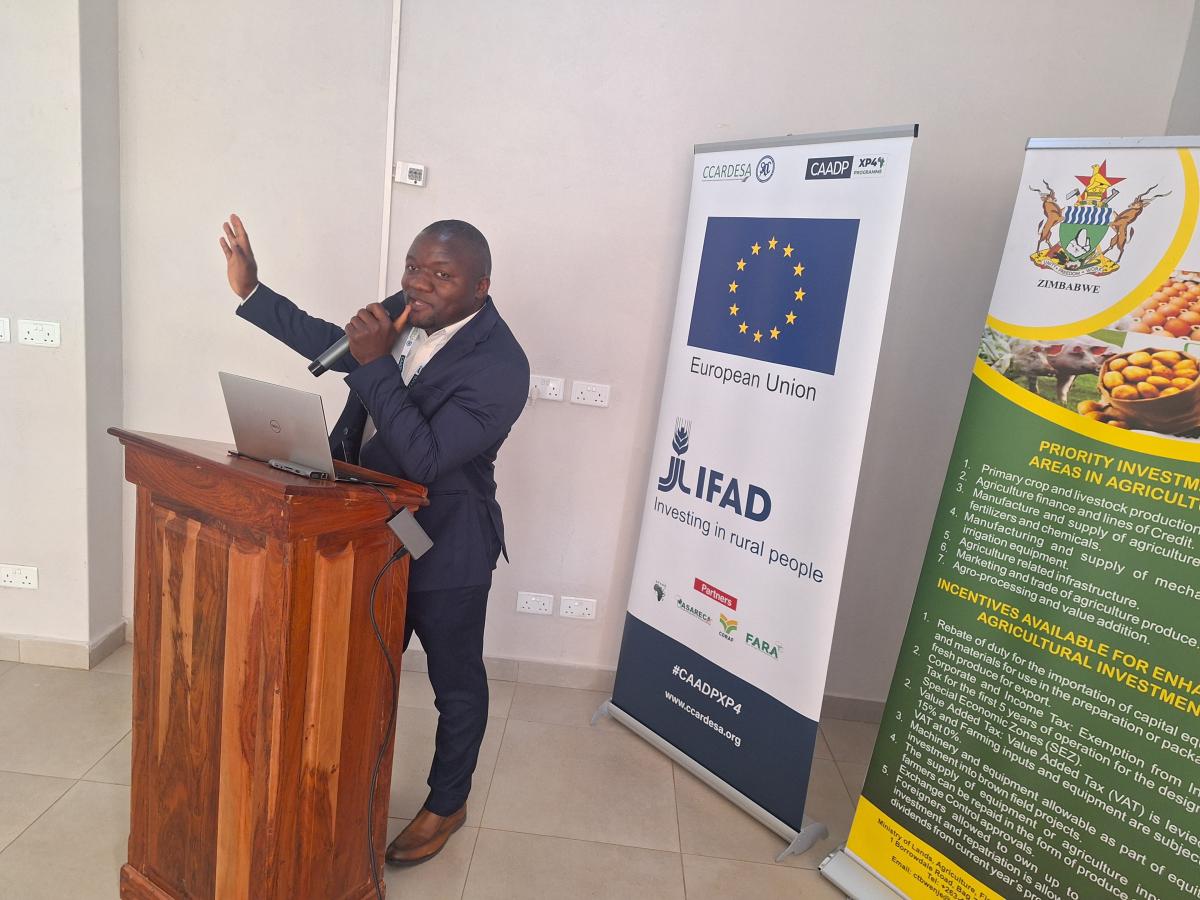Vectors of Maize Lethal Necrosis Disease
This brochure gives a short overview of the Maize lethal necrosis disease and provides the most important information on it.
Maize lethal necrosis disease
MLND
CCARDESA (2015). Maize lethal necrosis disease. APPSA










